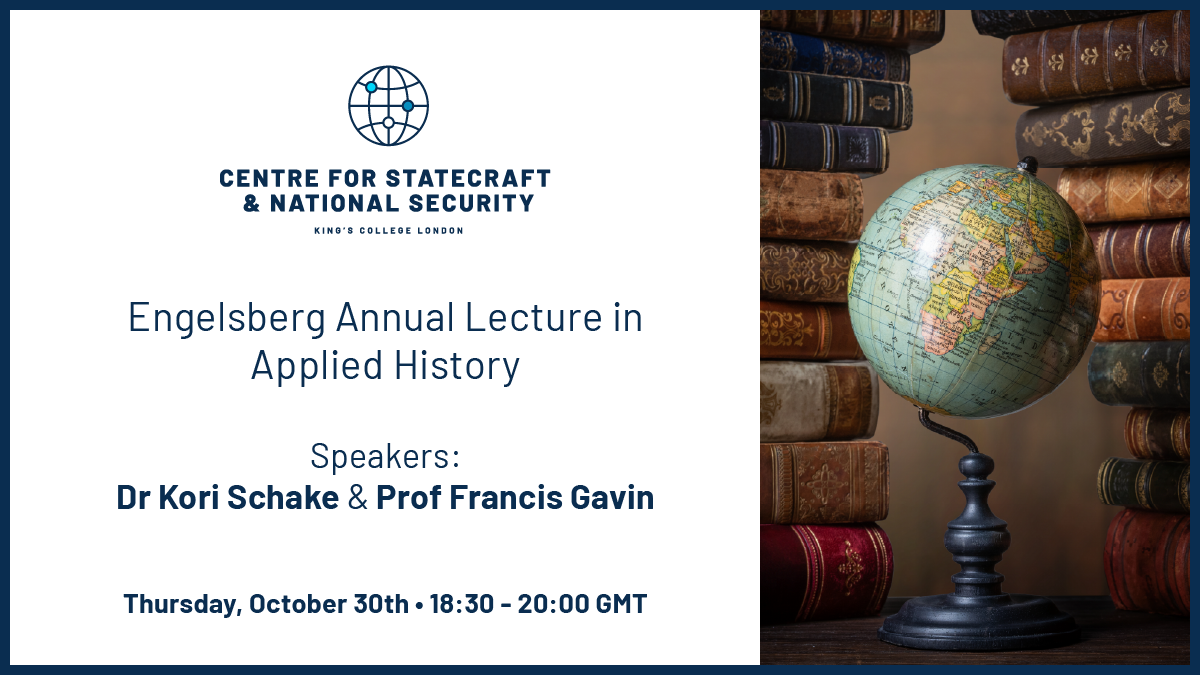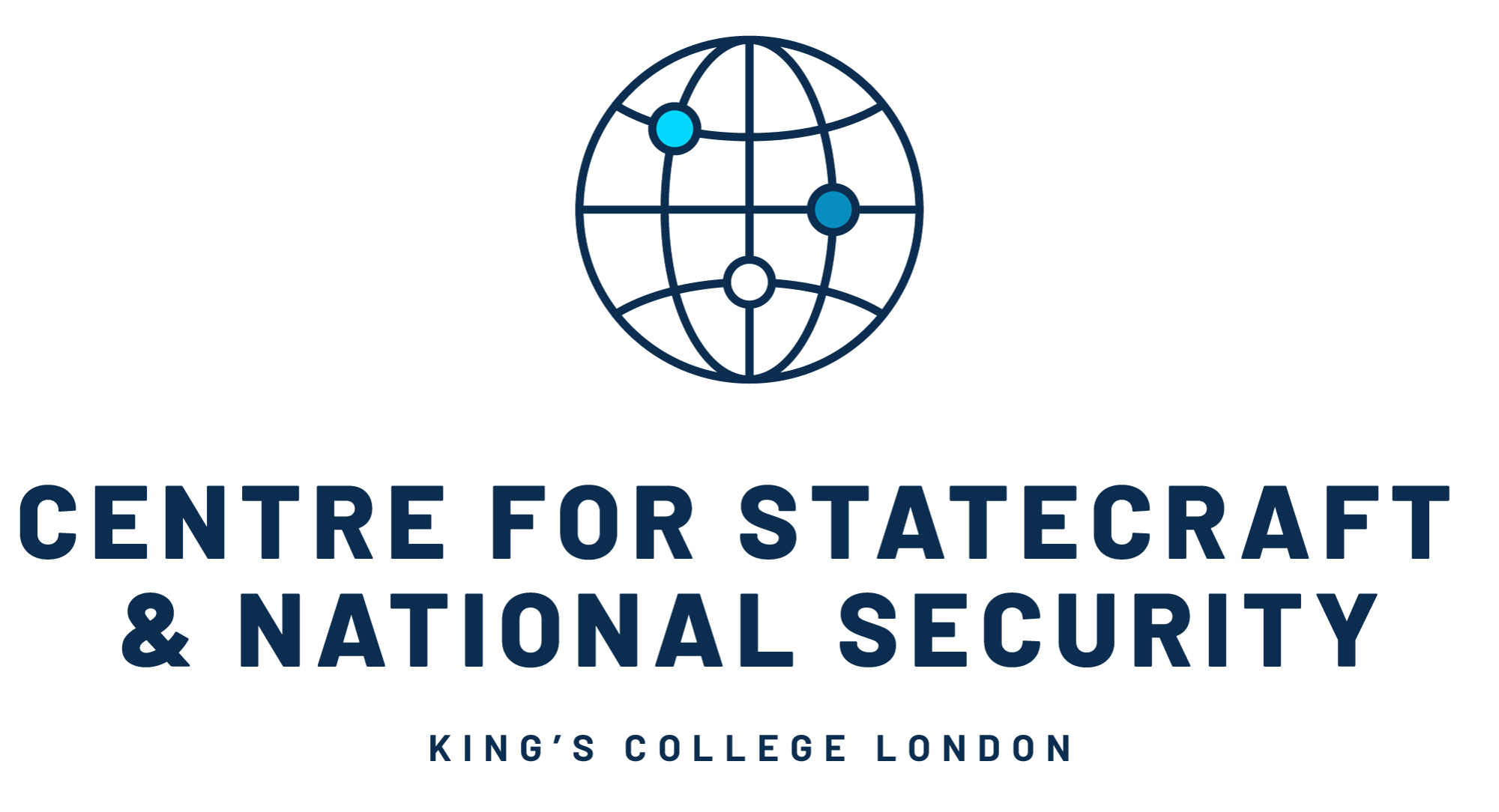The Centre for Statecraft & National Security will host its Annual Lecture in Applied History. This year, we are honoured to host Dr Kori Schake and Professor Francis Gavin, who will be speaking about their recent books as well as their approach to applied history.
If you would like to attend, please RSVP by clicking the button. Registrants will receive an email with further details once their place is confirmed.

Dr Kori Schake on The State and the Soldier
America’s Founding Fathers feared that a standing army would be a permanent political danger, yet the US military has in the 250 years since become a bulwark of democracy. Kori Schake explains why in this compelling history of civil-military relations from independence to the challenges of the present.
The book begins with General George Washington’s vital foundational example of subordination to elected leaders during the Revolutionary War. Schake recounts numerous instances in the following century when charismatic military leaders tried to challenge political leaders and explains the emergence of restrictions on uses of the military for domestic law enforcement. She explores the crucial struggle between President Andrew Johnson and Congress after Abraham Lincoln’s assassination, when Ulysses Grant had to choose whether to obey the commander in chief or the law—and chose to obey the law. And she shows how the professionalisation of the military in the 20th century inculcated norms of civilian control. The US military is historically anomalous for maintaining its strength and popularity while never becoming a threat to democracy. Schake concludes by asking if its admirable record can be sustained when the public is pulling the military into the political divisions of our time.
Prof Francis Gavin on Thinking Historically – A Guide to Statecraft and Strategy
A rigorous understanding of the past should enable better decisions in the present, especially in the extraordinarily consequential worlds of statecraft and strategy. The question is – how? In his new book, Thinking Historically – A Guide to Statecraft and Strategy – Francis J. Gavin demonstrates the ways that historical knowledge can be used to understand and navigate the complex, often confusing world around us.
Employing history to improve policy should seem obvious, but it is rarely done well. The past is more often misused or exploited for problematic, even nefarious purposes. Sadly, historians and decision-makers rarely interact. This is unfortunate, as good historical work convincingly captures the challenges and complexities the policymaker faces. At its most useful, history is less a narrowly defined field of study than a practice, a mental awareness, a discernment, and a responsiveness to the past and how it unfolded into our present world—a discipline in the best sense of the word. Gavin demonstrates how a historical sensibility helps us to appreciate the unexpected; complicates our assumptions; makes the unfamiliar familiar and the familiar unfamiliar; and requires us, without entirely suspending moral judgment, to try to understand others on their own terms. This book is a powerful argument for thinking historically as a way for readers to apply wisdom in encountering what is foreign to them.

